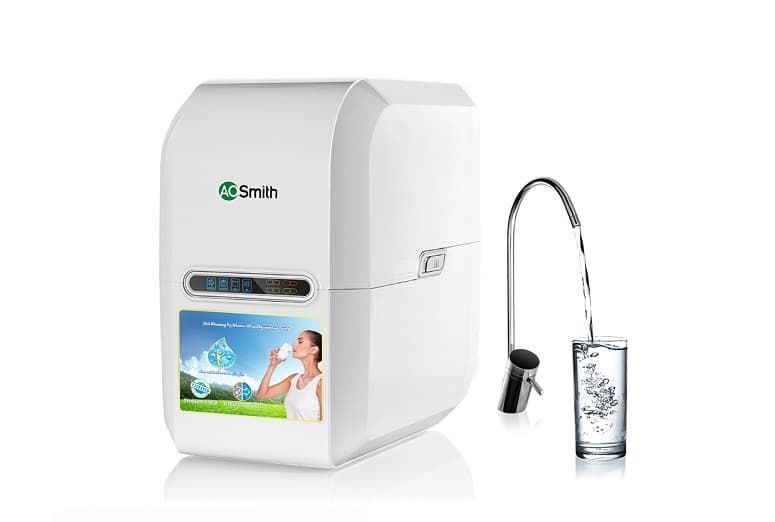Ways To Find The Ideal Water Purifier For Use At Your Home
Home water purification can be as old as civilization. From the time the first people boiled water around the community fire, we’ve had home water purification systems. The techniques have changed over the years, however the goal is the same. We'd like safe, clean, delicious water at arm’s length within our home.
Today, most people from civilized world just have to turn a knob to get fresh, clean, potable water. Like our ancestors who started with fire but happened to be everyone the right way to indoor plumbing, we must keep setting higher standards for ourselves. Because a wonder as our tap is, it’s not perfect. The water may still be full of contaminants from the earth, from pipes, and even through the chemicals water is given.
Determine What’s Actually with your Water
One of the primary and quite a few important elements of deciding on a good water filter is evaluating what your water purification will likely need to remove.
Water Quality Data
The government Environmental Protection Agency (EPA) regulates public water system drinking water quality. The EPA’s main list of health problems in tap water includes a lot more than 100 contaminants. One of the most common h2o risks include:
Lead
Arsenic
Iron
Uranium

Hardness
PFAS
Bacteria
To ascertain what’s with your water, you need to do a water quality test.
In order to skip spending money on a water test, you'll be able to make an effort to guess using publicly available data. This is tricky because without having a water sample that has passed through town distribution network as well as your home’s water system, the top data available still won't represent your actual regular faucet water.
Utilize your water quality. There isn’t a one-type-fits-all kind of water purification, as not every filter type will reduce every contaminant. You’ll spend less and be sure that you’re individuals contaminants or worry locally by doing a little research in advance. The initial step is to understand what contaminants have been in your water. When you have city water, your water supplier may give you its most up to date water quality report. If you’re with a private well, you might consider testing your water with a nearby lab.
Pick the system targeted for your water quality needs. Not every water filters address all types of contaminant. When searching for a purification, pay attention to what the filter is certified to reduce and make certain who's is correct for you. By way of example, suppose your loved ones has concerns about nitrates with your well water. Therefore, you can search NSF’s certification listings to find treatment systems for such contaminants. Look at our Contaminant Reduction Claims guide.
Determine what form of filter works well with you. Water filters appear in great shape, from plastic pitchers with filters and built-in refrigerator filters, to faucet and under-the-sink filters, to whole-house models. Find the type that best meets your needs which is certified to lessen the contaminants you might be most concerned about.
Seek out certification. Avoid too-good-to-be-true product claims. If a product has lists that appear to include everything possible, search to determine if it can be genuinely certified and also by which certification body, along with what they actually tested it to lessen.
Alter the filter. Regardless of what filter you ultimately choose, it’s not good in case you don’t regularly put it back. Many come with an indicator that permits you to know when it’s time to change it out.
To learn more about
may loc nuoc a.o. smith moi nhat
check our internet page.